What Is the Difference Between Fairtrade, Organic & Organic Fairtrade Fresh Produce?
Fairtrade and organic produce is not a new phenomenon, but indeed, demand is increasing year on year as consumers become more aware of the social, environmental and health impacts of the food that we eat. But what is the difference between Fairtrade and organic and where does organic Fairtrade fresh produce fit into the mix?
Fairtrade Fresh Produce
In short, Fairtrade agreements aim to secure a fair price for the grower. Ensuring that the people are being paid and treated fairly.
“There are over 1.66 million farmers and workers spread across more than 73 countries participating in Fairtrade”.Fairtrade Int.
Often small-scale growers are limited to the quantity of produce they can output which is limiting in the marketplace. With the support of Fairtrade, growers are organised and banded together to form cooperatives; this enables them to pool resources, increase production and create a more substantial market presence.
“Fairtrade standards include protection of workers’ rights and the environment and payment of the Fairtrade Minimum Price and an additional Fairtrade Premium to invest in business or community projects”. Fairtrade Int.
Organic Fresh Produce
Organic is focused predominantly on the environment. Growers employ natural farming processes and fertilisers. In the case where conventional chemicals are permitted, they must be derived from natural sources, not synthetically manufactured.
In addition to pesticides, growers nurture soils by rotating crops and use naturally derived compost, manure and clover.
Very often the organic approach is more labour intensive and risky for the grower as they no longer use chemicals to protect their crop. The added work and risk is reflected in the retail price.
Organic Fairtrade Fresh Produce
Organic is a positive step, but by itself, it is not sustainable for small-scale growers. Fairtrade combined with organic ensures that the grower benefits from their arduous work. Otherwise, they may be put in a difficult economic position which lends itself to decisions with adverse environmental consequences.
Fairtrade guarantees growers a premium for environmentally friendly practices, which very often will lead to the conversion of conventional fields to organic.
Learn more about why organic and Fairtrade often go hand in hand and the different types of fresh produce certifications.

